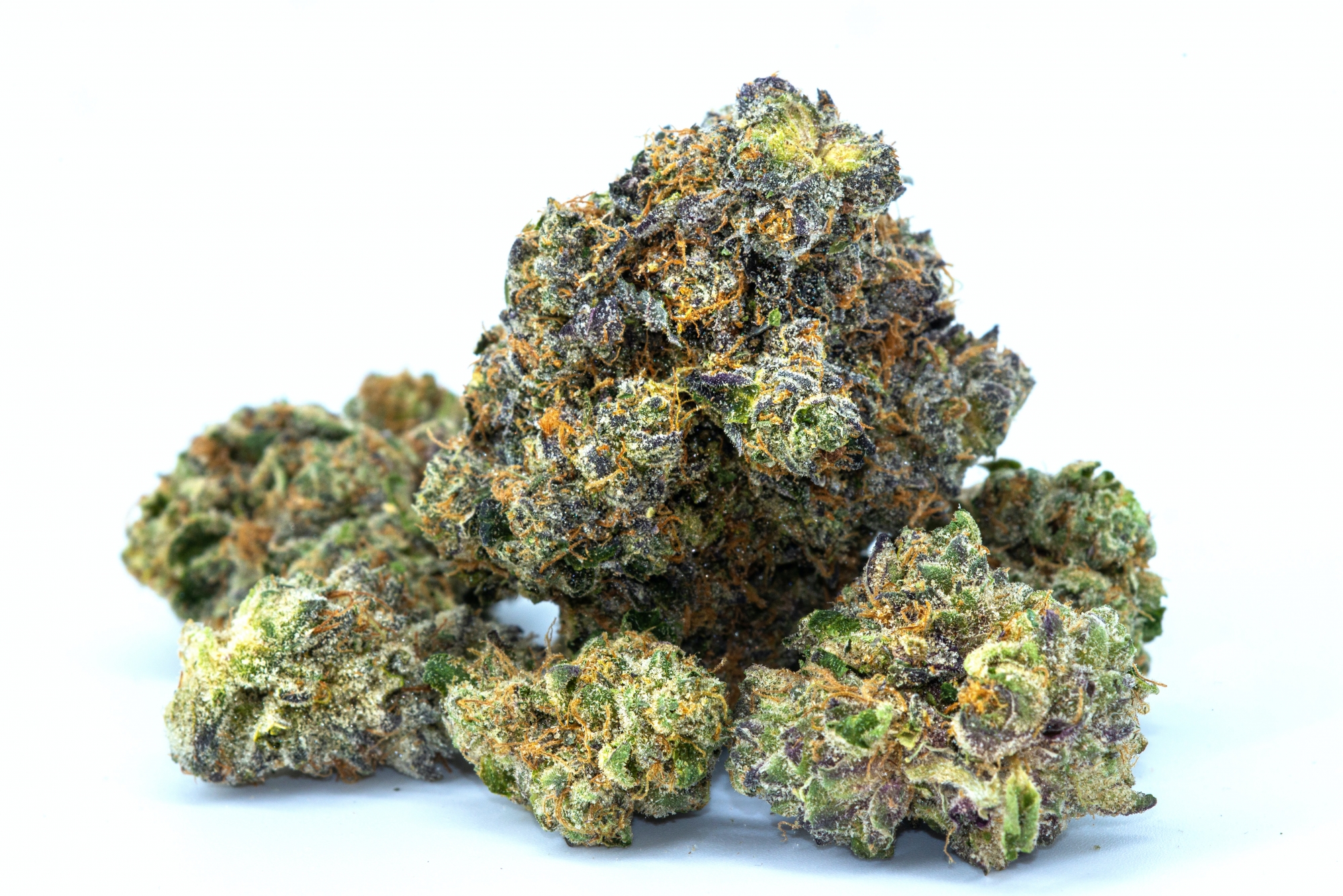You are here
Home 🌿 Marijuana Politics 🌿 Canada cannabis businesses still unable to access banking services – 3 years after legalisation 🌿Canada cannabis businesses still unable to access banking services – 3 years after legalisation

The majority of cannabis companies operating in Canada are still struggling to access banking services, even after almost three years of federal legalisation in the country.
The use, possession, production, and supply of cannabis were all legalised in Canada on the 1st of November 2018. Since then, thousands of licensed cannabis businesses, from cultivators and manufacturers to retailers, have popped up all over the country.
According to CBC News, 50 of 52 members of the Association of Canadian Cannabis Retailers (ACCRES) in British Columbia (B.C.) have been denied access at traditional banks, and have turned to local credit unions instead.
Business owners consistently report being refused basic banking services as the industry is “too high risk”.
Charles Varabioff, owner of Kingsway Cannabis in Vancouver, told CBC: “High risk? It’s no more high risk than a casino, a bar, or a restaurant. We’re legal, licensed [and] regulated by the city and the government. Canadian banking needs to get on board with this industry.”
“We’re not even talking about loans or credit cards,” said Jaclynn Pehota, executive director of ACCRES.
“We’re talking about very basic financial services like a chequing account. My members are still struggling, three years post-cannabis legalization in Canada.”
This issue isn’t unique to British Columbia. In fact, 95% of the cannabis businesses that ACCRES represents across Canada have also been affected by a lack of available banking services.
Cannabis businesses in legal states in the US have faced similar struggles as national and international banks refuse to accept clients involved in the sale of the drug. However, in the US, this issue emerges from the fact that cannabis remains illegal at the federal level.
Similarly, most of Canada’s national banks also operate internationally. This means that, while cannabis is legal in Canada, the cannabis laws of other countries likely still plays a role in the policy of these banks, leading to them keeping a distance from the country’s new cannabis sector.
Although Canada has helped to lead the way in the liberalisation of the cannabis plant, the country’s sector will likely continue to be held back as long as other countries continue with a more conservative approach to the drug.
In a statement, the Royal Bank of Canada said that “with an evolving legal landscape for cannabis globally, RBC continues to evaluate business relationships on a case-by-case basis, taking into consideration a number of factors to ensure compliance with laws and our internal risk parameters.”
Nonetheless, the banking industry continues to face criticism as it is accused of being short-sighted by failing to see the potential economic opportunity created by legalisation in Canada.
420 Intel is Your Source for Marijuana News
420 Intel Canada is your leading news source for the Canadian cannabis industry. Get the latest updates on Canadian cannabis stocks and developments on how Canada continues to be a major player in the worldwide recreational and medical cannabis industry.
420 Intel Canada is the Canadian Industry news outlet that will keep you updated on how these Canadian developments in recreational and medical marijuana will impact the country and the world. Our commitment is to bring you the most important cannabis news stories from across Canada every day of the week.
Marijuana industry news is a constant endeavor with new developments each day. For marijuana news across the True North, 420 Intel Canada promises to bring you quality, Canadian, cannabis industry news.
You can get 420 Intel news delivered directly to your inbox by signing up for our daily marijuana news, ensuring you’re always kept up to date on the ever-changing cannabis industry. To stay even better informed about marijuana legalization news follow us on Twitter, Facebook and LinkedIn.




